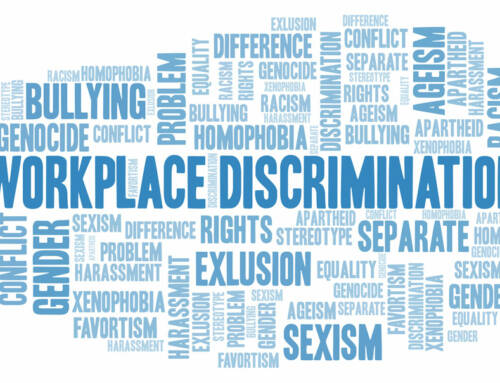We tend to think of racism in terms of the overt acts of America’s most significant racial conflicts: slavery, the reservation system, Jim Crow, and the Civil Rights Movement of the 1960s. Today, the dynamics of racism within our educational, legal, and economic systems are far more complex—but that doesn’t lessen our need to correct them. In fact, the need is as great now as it ever was.
As we learned through our involvement in the Flynt Water Crisis, environmental racism has a huge impact on the health of marginalized communities, which lack the economic and political muscle needed to prevent polluting factories from being built—or polluted water being piped into their homes. Thousands of scholarly papers have been produced across a wide spectrum of expertise, from the American Lung Association to the National Institutes of Health, showing that communities of color are more likely to be exposed to environmental harms and suffer health problems as a result. Until that racial disparity is gone, environmental litigation will remain a necessary tool for driving change.
We’ve also seen how companies target communities of color maliciously through the advertisement of defective products, as Johnson & Johnson did by specifically targeting Black women while advertising talcum powder they knew posed a cancer risk. This practice peels back an ugly truth about racial injustice: companies often target marginalized communities because they lack the educational resources and access to information to stay informed. Historical injustice has created a potential vulnerability, and unscrupulous marketers attempt to exploit it.
We’ve seen racial injustice play out in other theaters, from college admissions to law enforcement, and from access to healthcare to the workplace, and we’ve been involved in numerous cases that have created meaningful change. From that experience, we know the importance of litigation as a means of challenging racial injustice; and we encourage those who’ve been harmed by environmental, economic, or other forms of injustice to consult with an attorney about how to bring a suit.






